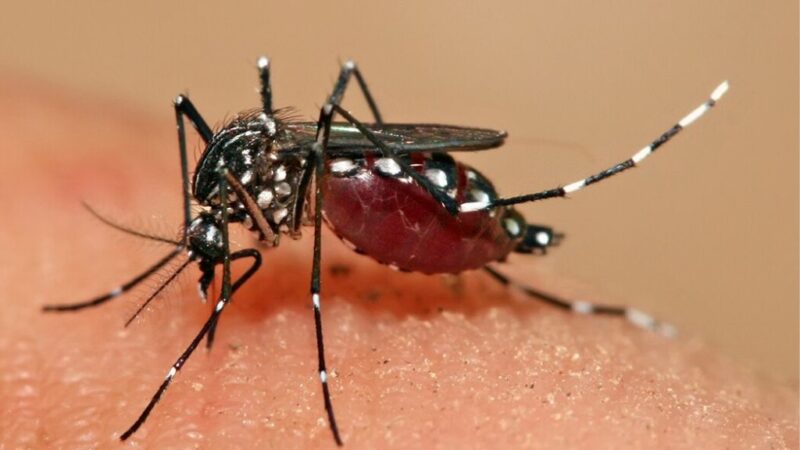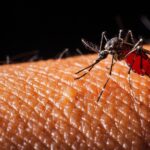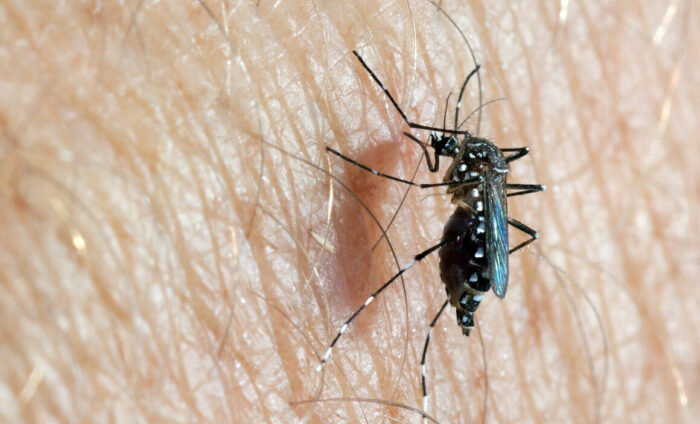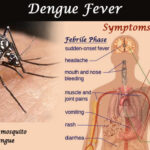
The Caribbean Public Health Agency (CARPHA), based in Trinidad, has observed an ongoing increase in reports of suspected and confirmed cases of dengue in the Caribbean region over the past six months.
This increase has been reported in member states that have received more rainfall.
CARPHA warns that the associated risks and effects of outbreaks of dengue and other mosquito-borne diseases such as Zika and Chikungunya should not be underestimated, as they pose significant threats to health, tourism, and social and economic development.
Dr. Joy St John, the executive director of CARPHA, emphasized the importance of regional health security and called on the Caribbean Community to mobilize efforts to maximize efficiencies and deal with public health threats such as dengue promptly and effectively.
Member states are encouraged to remain vigilant and flexible in their national work plans and available resources to increase their chances of success.
In the 2023 Dengue outbreak, four CARPHA member states have reported outbreaks, and trends are being monitored in others with subsets of all four Dengue serotypes circulating across the region.
Dengue is known to cause outbreaks every three to five years, and the seasonality of dengue transmission has added to the record highs of total case numbers and complications in the Americas and the Caribbean.
Although 2019 saw the highest number of reported Dengue cases in the Americas, it is very likely that 2023 will surpass that historic high.
Up to epi-week 40 in 2023, the Caribbean has noted a 15 percent increase in confirmed dengue cases in CARPHA member states (CMS) compared to a similar period in 2022.
Dr. Horace Cox, CARPHA’s Assistant Director of Surveillance, Disease Prevention and Control, and Head Vector Borne Diseases, warns that the Aedes aegypti mosquito, which spreads the virus, is present in all Caribbean territories.
He emphasizes that vulnerable populations in small island developing states, such as the Caribbean, and continental states with low-lying coastal regions, need to be better prepared and resilient in addressing the prevention and control of Dengue and other arboviral diseases.
The transmission of dengue can be attributed to mosquito bites during daylight hours, according to CARPHA.
It is crucial to take measures to prevent mosquito bites, especially for vulnerable groups such as infants, young children, older adults, and pregnant or trying-to-conceive women.
For skin and clothing protection, it is recommended to wear long-sleeved garments and use repellent products containing DEET, IR3535, or lemon eucalyptus, in accordance with the instructions on the product label.
Confirmed cases should rest under mosquito nets to prevent further transmission. CARPHA recommends intensifying mosquito control activities in communities to combat the increase in mosquitoes and potential disease transmission.
Member states should review their preparedness and response plans, continue surveillance and early diagnosis, and provide timely care for dengue and other arbovirus cases to prevent severe cases and deaths.
Available data, tools, and technologies, including GIS, should be utilized to improve forecasting capacities.
Proper clinical management of suspected dengue cases should be prioritized by CMS to prevent the progression of the disease to its severe forms. CARPHA is dedicated to supporting CMS in their vector control efforts, including capacity-building in integrated vector control strategies.
Surveillance, diagnosis, and timely and adequate treatment of cases should be strengthened by CMS. CARPHA has launched a social media campaign to promote effective prevention and control measures for dengue, a recurring threat to public health in the Caribbean region.






0 Comments